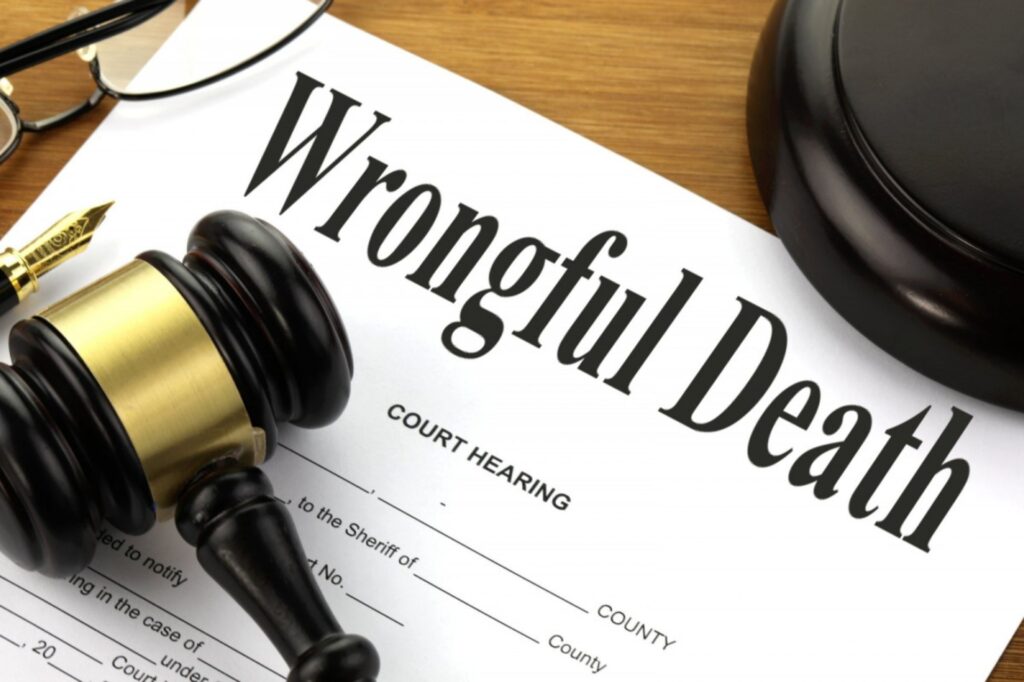Now Reading: How Misdemeanor Charges Can Be Resolved in a Pennsylvania Court
-
01
How Misdemeanor Charges Can Be Resolved in a Pennsylvania Court

How Misdemeanor Charges Can Be Resolved in a Pennsylvania Court
A misdemeanor is an offense that is penalized under criminal law. It usually has a maximum sentence of fewer than 12 months in prison. However, misdemeanors are often punished with community service, probation, fines, and imprisonment for less than a year.
Numerous states categorize misdemeanors into distinct categories based on the severity of the offense and its penalty. In most circumstances, if the section describing the misdemeanor does not include a letter grade, the misdemeanor is categorized as follows:
- Class A: if the maximum permitted period of imprisonment is between six months and a year.
- Class B: if the maximum permitted period of imprisonment is between thirty days and six months.
- Class C: if the maximum permitted period of imprisonment is between five and 30 days.
Some states, on the other hand, do not categorize misdemeanors. As a result, each offense is dealt with individually.
What the Process Entails
In most cases, a misdemeanor case begins with a citation or arrest for some violation, such as drunk driving or possession of drugs. Then, the defendant can post bail through a bail bond agent if they cannot deposit the whole bail amount themselves.
If the individual is cited rather than arrested, the police or the prison will issue a citation or a ticket and set a court date. Similarly, if a bail bond agent bails the individual out, they are given a court date.
At this point, the accused learns whether or not a complaint has been filed against them by the district attorney and, if so, what allegations will be brought against them.
First Proceeding
When a person goes to court for the first time, the district attorney may inform them that they are still looking into the matter, and they may ask them to return in 30 or 60 days to see whether charges will be filed. In domestic abuse instances, this is a typical occurrence.
In other cases, the individual may show up in court and discover that the DA has chosen to drop the charges. For most misdemeanors, the district attorney’s office will have already prepared a case identical to what the defendant was cited or arrested for when they show up for court.
The judge will also want to know whether the individual will be defending themselves, if they intend to engage a criminal defense lawyer in Montgomery County, or require the public defender’s services at that initial appearance.
Following the First Hearing
After resolving the attorney situation, the individual will proceed to the arraignment, which merely informs the individual of the charges against them and their constitutional rights in the case. The individual may enter a not guilty plea at that time or choose to defer the entry of a plea.
Usually, during the first appearance after filing a misdemeanor charge, the attorney will obtain a copy of the police report and request that the court put the matter aside for a few weeks to allow for a settlement meeting.
This period allows the attorney and the accused to analyze the police report, get any further information or evidence that may be necessary, and perform their research before returning to court on the next scheduled day.
The Settlement Conference
The settlement conference is often scheduled for the next court date following the arraignment. However, the district attorney and defense counsel have already discussed a possible resolution in most circumstances.
Hence, the district attorney will generally make an offer to settle the case. At that point, the accused has the option of accepting the offer, making a counteroffer, or rejecting it altogether and proceeding to trial.
A case may need numerous settlement conferences before it is finally settled. Either party may inform the court that they require additional time to prepare or debate the matter before concluding. Alternatively, they may elect to go to trial if they did not receive a satisfactory settlement.
Going to Trial
The next step will be to prepare the case for a judge or jury trial (a jury trial is preferred). The court will then schedule the trial date and, in most cases, a readiness conference a few days before the trial to see whether a last-minute resolution is feasible or if the case should be rescheduled for any reason.

As a journalist, Leland D. Bengtson dedicated most of his career to law reporting. His greatest satisfaction is to convey legal matters to the public in a language that they can understand. He is active on various platforms and media outlets, writing about common legal issues that people confront with every day. While medical malpractice is his strong suit, Leland covers plenty of other topics, including personal injury cases, family law, and other civil and even criminal legal matters.









